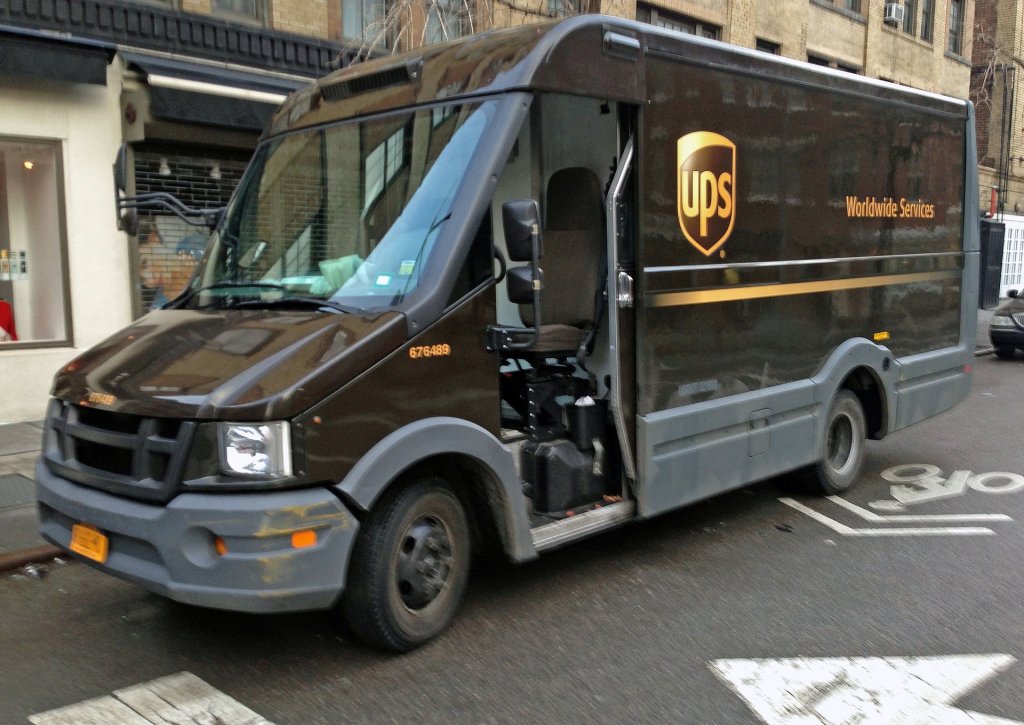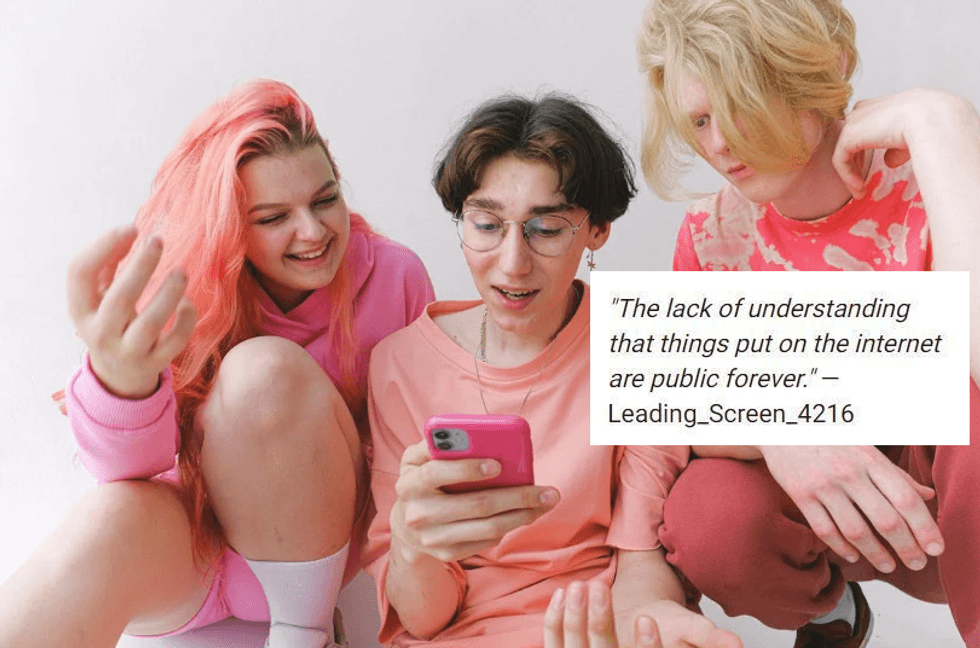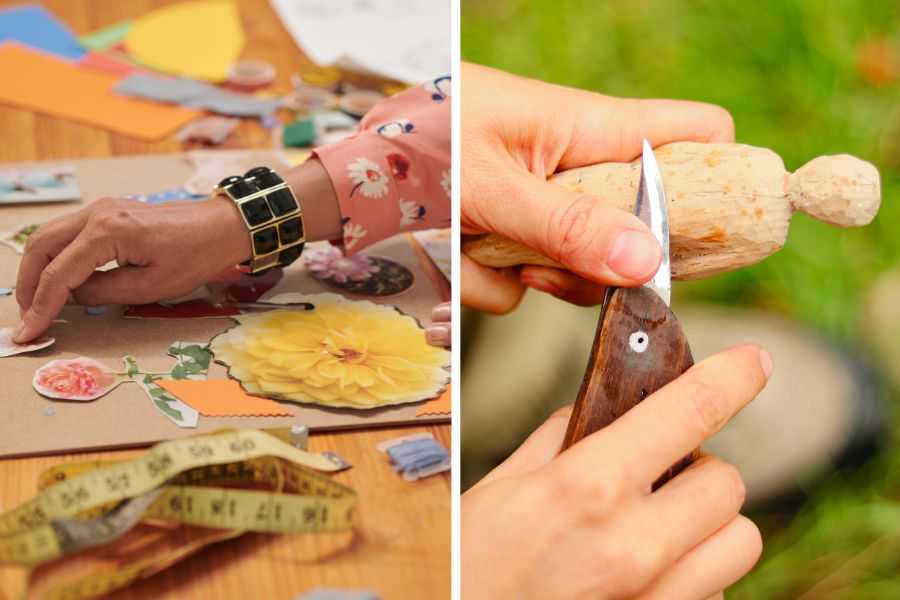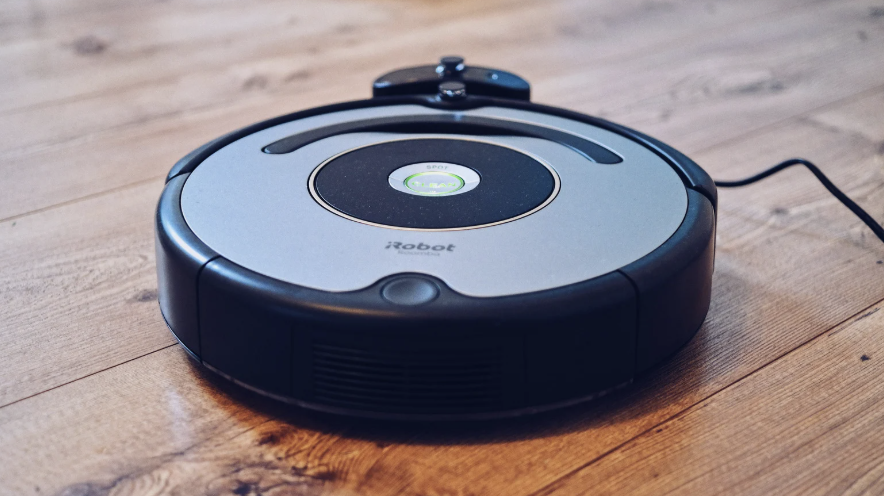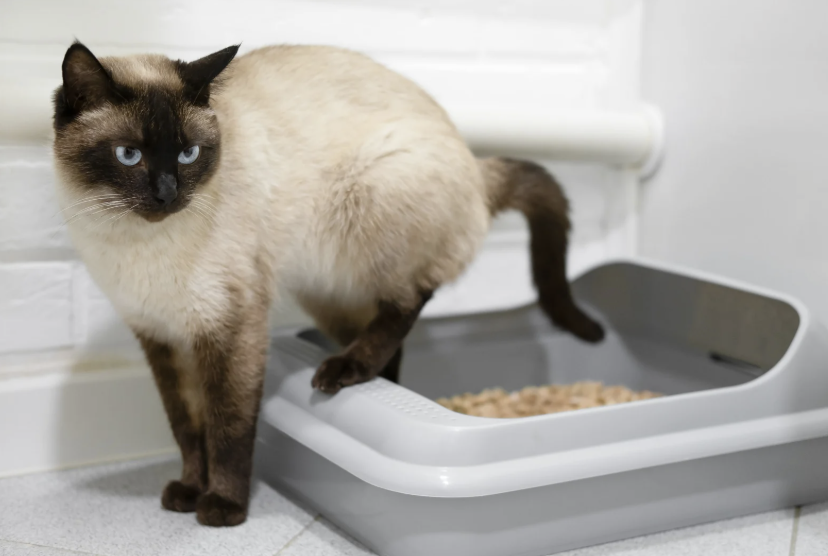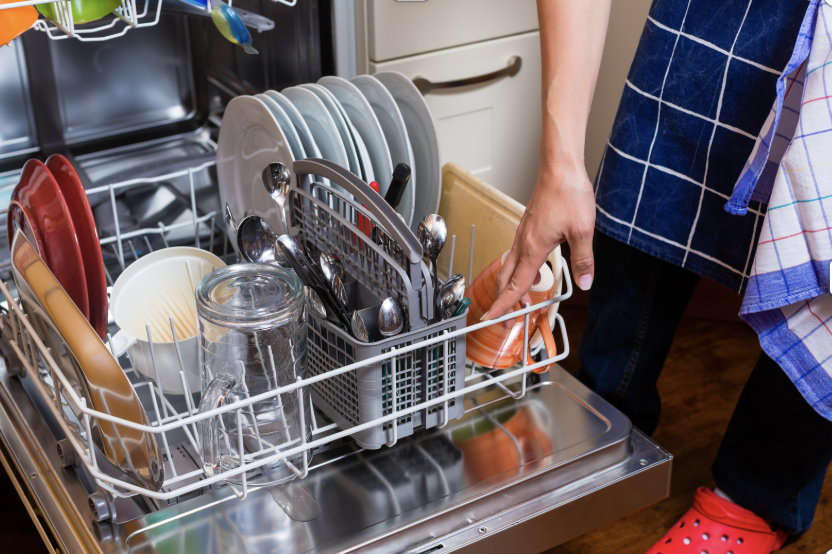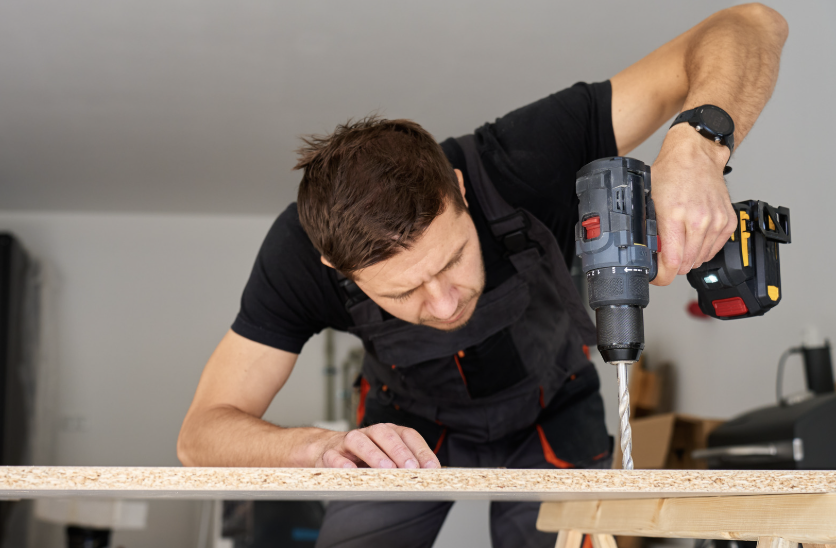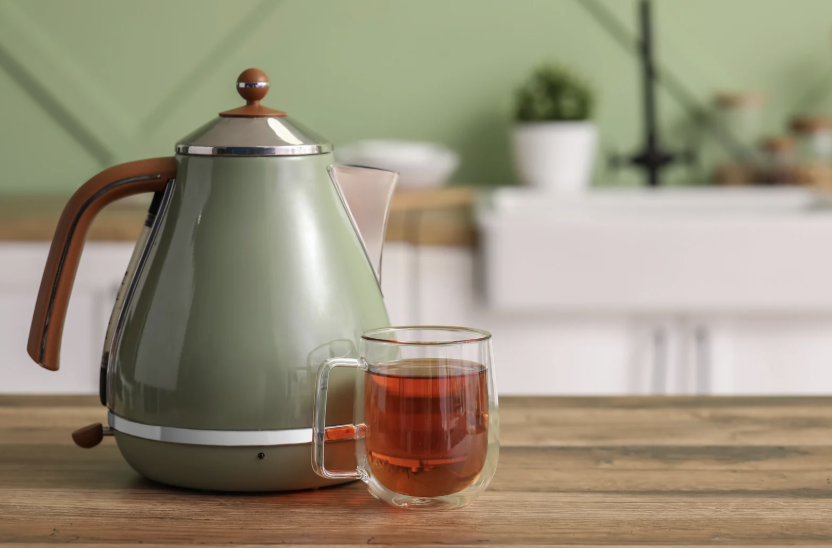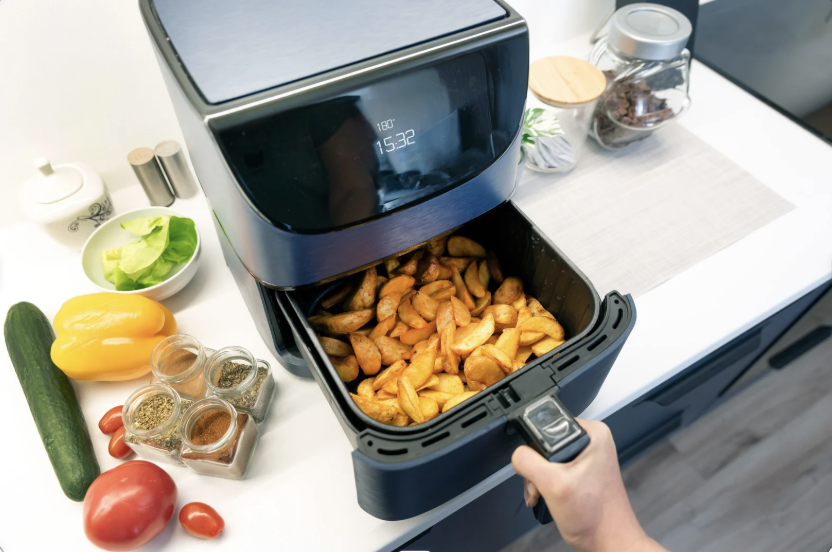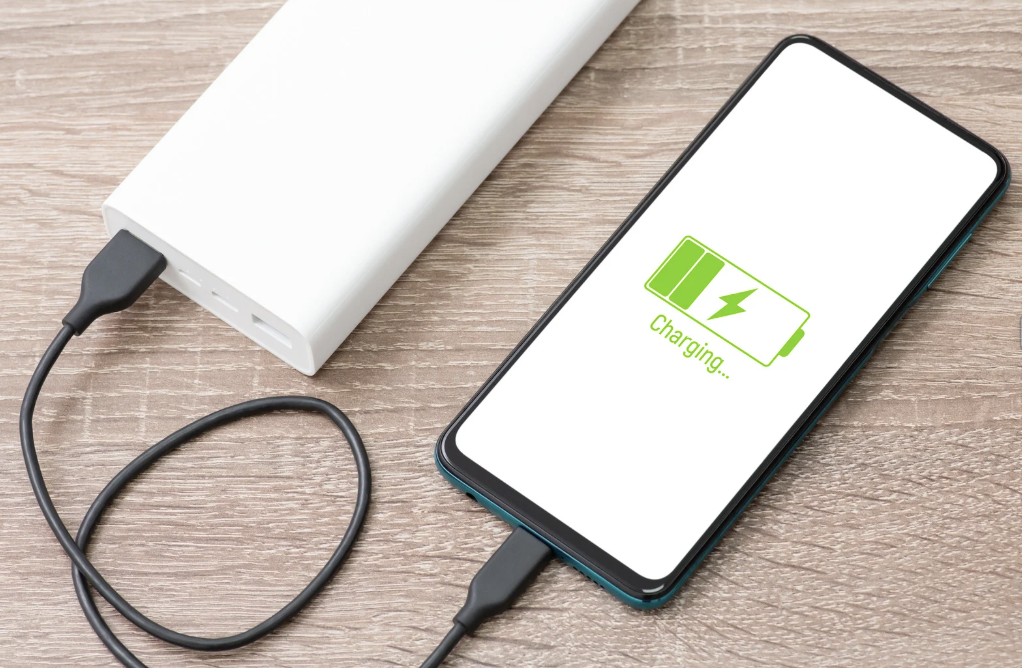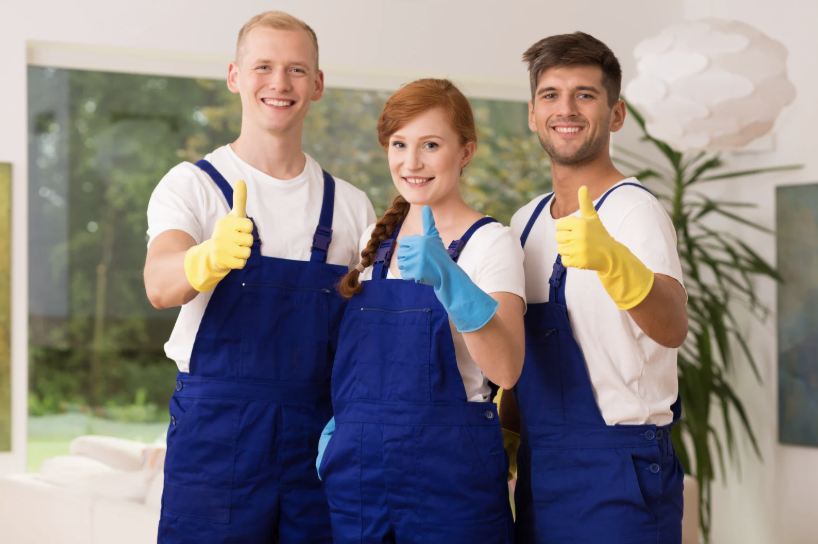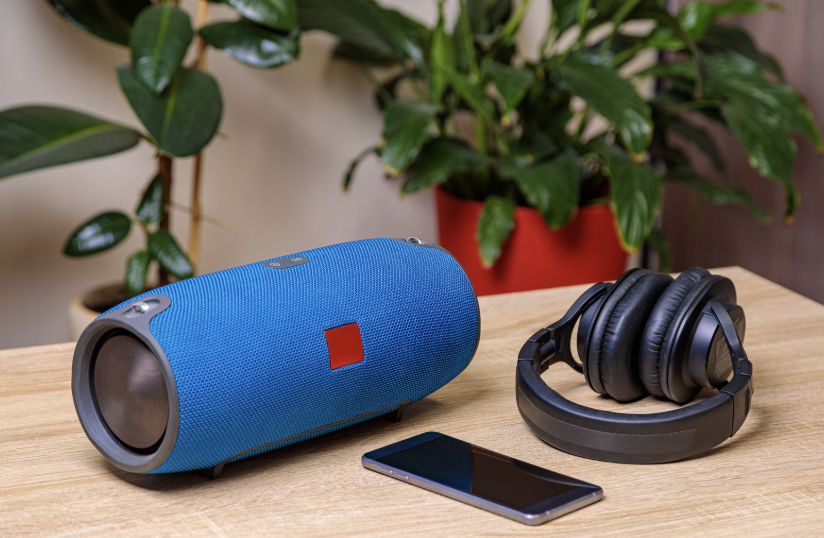Recently, UPS driver Skyler Stutzman shocked millions of viewers by revealing how much he made in a week. But besides the hefty paycheck, there might be a few other things about the job that could surprise you.
As explained by an article in Tough Nickel, the company began in Seattle, Washington in 1907, where it was first named The American Messenger Company and focused primarily on delivering to retail stores, not individuals, via bikes or motorcycles.
That is until 1913, when a Model T ford became the company’s first delivery truck. Only six years later, it would begin expanding deliveries to California (and change its name to UPS).
Business would keep growing until it became the company we know today. And now, every day, around 330,000 UPS drivers are responsible for delivering 24.3 million packages around the world. Rain or shine.As you can imagine, a lot must happen on those routes. Here are a few lesser known facts about what it’s like to don the all brown uniform and drive the matching truck. Or as UPs exclusively calls it…the “package car.”
1. Know those little handheld computer drivers carry around? That’s to monitor their every move.
In 2014, Jack Levis, UPS’s director of process management, told NPR that “one minute per driver per day over the course of a year adds up to $14.5 million,” and “one minute of idle per driver per day is worth $500,000 of fuel at the end of the year.”
In other words, time is money, and UPS doesn’t want to waste even a fraction of it. So the DIADs (short for Delivery Information Acquisition Devices) drivers carry around don’t just scan barcodes and collect signatures—they track their productivity as well.
But that’s not all. The trucks also track every mile driven, and are constantly making sure that employees are as efficient as possible as they deliver hundreds of packages each day. You’d be hard pressed to find a job that hasn’t been changed by technology, I suppose.
2. One does not simply become a UPS driver overnight. They must go to bootcamp.
“Integrad,” is a mandatory safety-focused class which teaches hopeful drivers how to handle heavy boxes, start the truck with one hand while buckling up with the other to save time (again, UPS is all about efficiency) and how to walk on ice and other slippery surfaces with their special “slip and fall” machine…which actually sounds kind of fun.
3. You’ll rarely see a UPS vehicle turn left or go in reverse. 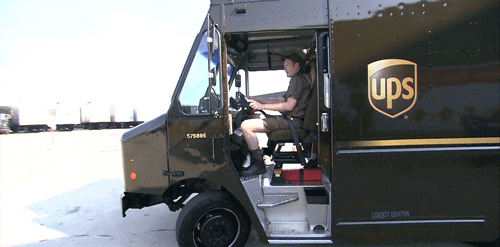
This is all for safety reasons. And…you guessed it…efficiency.
When it comes to left turns, UPS encourages drivers to not use them, since it leaves them sitting in traffic longer. The theory must be somewhat sound as it’s helped the company save more than 10 million gallons of fuel over the past decade. Plus left turns are more likely to result in dangerous crashes. ( Harvard Business Review)
As for reversing, drivers are told not to do it unless it’s to back up into a loading dock, as any type of reverse coming from a windowless box-type truck can result in damage.
4. UPS drivers have to supply their own system if they want to listen to music.
UPS package cars don’t come with radios, since it’s technically an unnecessary cost and the company tries to keep bells and whistles to a minimum (however it defies that logic by wanting to install surveillance cameras, but that’s another conversation).
So, drivers have to find their own way to listen to some jams. Or maybe they simply enjoy the silence.
5. Zero accidents gets you a pretty sweet bomber jacket.
UPS “Circle of Honor” inducts drivers with 25 years of accident-free driving, awarding them a special patch and a bomber jacket. No easy feat for anyone in this distraction filled world.
6. Extremely hot vehicles were a well known hazard of the job. Until now.
Over the span of just four years, over 100 UPS workers were treated for heat-related illnesses, according to NBC News. And in July 2022, a 24-year-old UPS driver in California died last summer from suspected dehydration or heat stroke.
Many workers began criticizing the company for not protecting their drivers against the dangerously high temperatures, even sharing the scorching heat readings in their trucks. And after a threat to strike, the teamsters secured air conditioning in all UPS vehicles after January 1, 2024.
7. Pee breaks are a pain.
Remember the time-tracking DIADs? According to The Nation, drivers will be accused of “stealing time” if the track drivers for taking too long at stops. This includes potty breaks. Not to mention it explains why they never get into conversations.
This leaves many UPS drivers with no choice other than to piggyback bathroom time onto other pit stops like getting gas. Or, in more desperate costumes, they must get more creative. As one driver shared with Tampa Bay Times, he and others often urinate in the truck, using makeshift containers like cups and bottles. Fun.
10. Meeting your UPS driver halfway could make their whole day.
In a 2012 Reddit thread, one driver shared, “if you see them pulling up and you aren’t in the middle of something, meet them half way, or walk up to their truck.…I would get home 10–15 minutes earlier and actually get to spend time with my family.”
11. Beards used to be a no-no.
UPS was a little behind the times when it came to its strict facial hair policies up until 2020. Thankfully, the new rules allow beards, as well as longer hair and natural Black hairstyles like Afros, braids, locs, twists and knots.
12. Many really do love their job…especially the people they deliver to.
As one driver anonymously shared with Business Insider, One of the nice things about my job is getting to know the people on my route…If you take the time to say hello to people and parents can trust you to drive safely and slowly in their neighborhoods, they’re very kind.Sometimes, there will be kids waiting for me on my route because they know I’m coming and they just want to say hi.”

